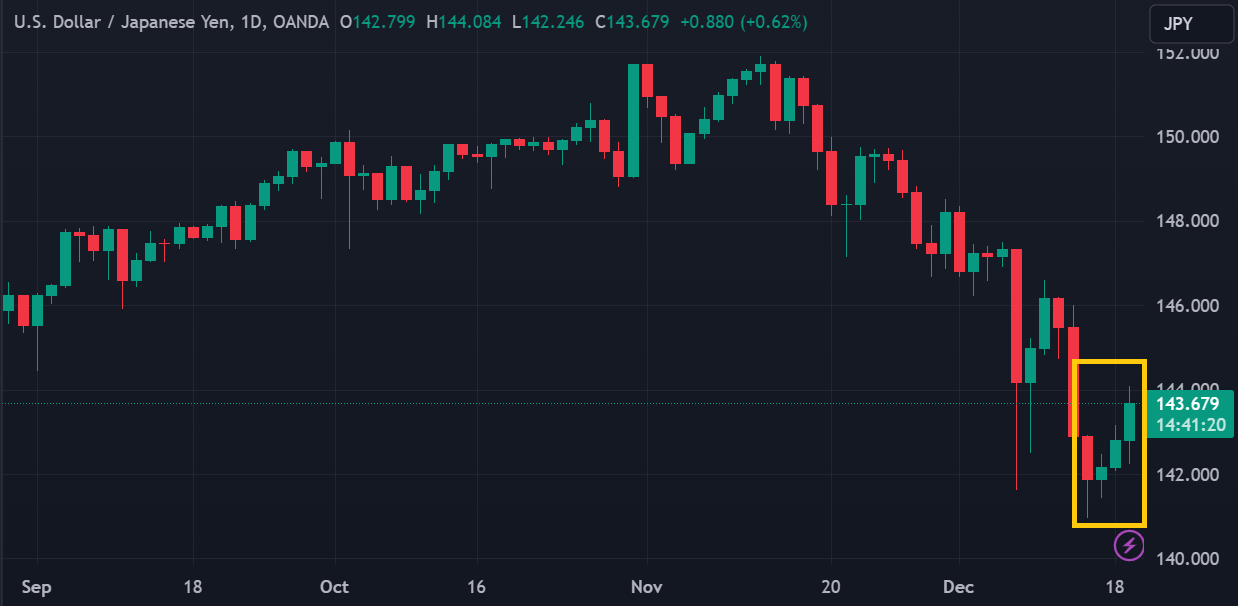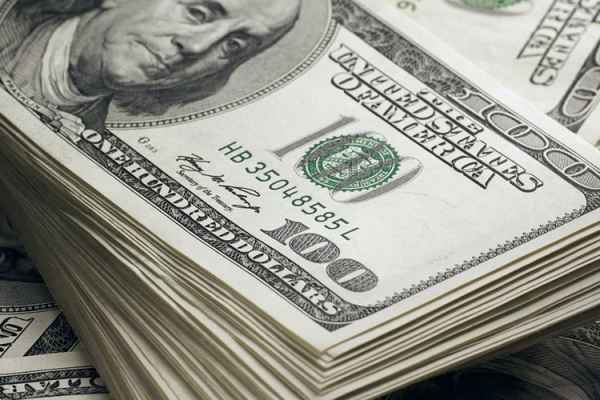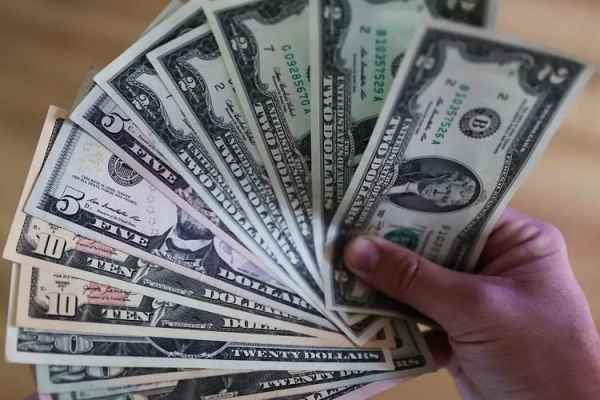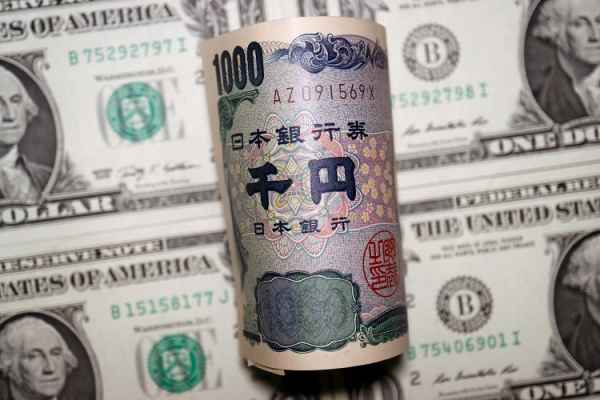The Bank of Japan continued to maintain negative interest rates, while dismissing speculation surrounding a rate hike next year.
The Bank of Japan (BoJ) continued to maintain its super-loose monetary policy stance in today's interest rate announcement (19/December). The BoJ's stance further drowned out speculation of a Japanese interest rate hike that had been rife for some time, resulting in the yen slumping against various other majors.
USD/JPY jumped more than 0.5% to test the 144.00 threshold. EUR/JPY and GBP/JPY each soared nearly 1% immediately after the BoJ announcement.

This morning's BoJ meeting resulted in the decision to keep short-term interest rates at -0.1%, as well as a JGB yield target with a limit of approximately 1.0% around 0%. In the statement accompanying the decision, the BoJ reiterated its commitment to "take additional easing measures if necessary" as economic uncertainty is "very high".
BoJ Governor Kazuo Ueda in his press conference also emphasized that although prices and wages seem to be rising in the right direction, the situation is still uncertain. Therefore, the outlook has not changed.
"The chances of the inflation trend accelerating toward our price target are gradually increasing," Ueda said, "But we still need to watch whether a positive wage-inflation cycle will occur."
Ueda also again defended the negative interest rate policy. He admitted that the negative interest rate policy did have an impact on the profits of Japanese financial institutions. However, he considered the impact was not too bad because banking profits remained resilient.
Responding to the Fed's preparations ahead of next year's policy changes, Ueda was quite relaxed. The Fed's monetary easing will indeed have an impact on the Japanese economy-for example through the exchange rate, but he does not feel the need to rush just because the Fed may take certain actions in the next three or six months.
Despite the BoJ's dovish stance, some market participants still expect Japan to raise interest rates next year. As SMBC's chief FX strategist Hirofumi Suzuki put it, "Weakness (of the yen) is unlikely to become a trend, partly because there are still expectations of a policy revision in January-March next year."

 Dedicated FREE FOREX VPS
Dedicated FREE FOREX VPS Free FOREX Virtual Private Server
Free FOREX Virtual Private Server MT4 Demo Contest, Get $500
MT4 Demo Contest, Get $500 Sign Up for an Account, Claim 60% Deposit Bonus
Sign Up for an Account, Claim 60% Deposit Bonus Free MT4/MT5 VPS 2024
Free MT4/MT5 VPS 2024 Send E-mail and Get Free Merchandise
Send E-mail and Get Free Merchandise $1K Refer a Friend Bonus for Pepperstone Pro clients
$1K Refer a Friend Bonus for Pepperstone Pro clients Maximize Your Earnings with 100% Deposit bonus
Maximize Your Earnings with 100% Deposit bonus Trade to Win, $5,000 Monthly Demo Contest
Trade to Win, $5,000 Monthly Demo Contest Claim 30% + 15% Deposit Bonus from LiteFinance
Claim 30% + 15% Deposit Bonus from LiteFinance






